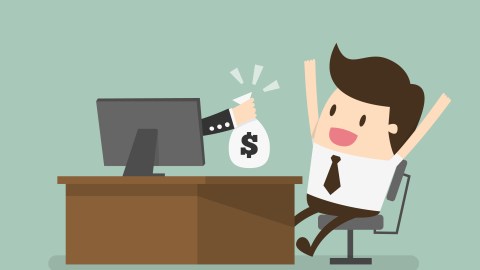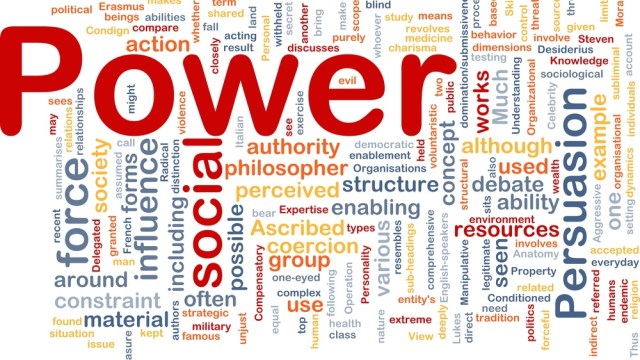Can a Guaranteed Income for *Everyone* Fix Inequality and Poverty?

Surprising political alliances have formed around the idea of a basic income, which would guarantee every adult and family in America, regardless of eligibility requirements, with a monthly cash flow. And while it’s not currently a political reality, future iterations of America might welcome a chance to lower the rate of poverty across the board while reducing the scope of social welfare programs. Also called the negative income tax, the idea has been endorsed by the likes of Martin Luther King, Jr. and Chicago School economist Milton Friedman.
In countries as diverse as Colombia and Canada, basic income plans have been met with some statistical success. While employment did decrease as a result of the basic income, figures show people took advantage of their new economic freedom to attend further schooling. That means they wouldn’t have to settle for second-best jobs which could actually benefit the economy in the long-term.
Futurists as well as Robert Reich have argued that a basic income is inevitable in consumption-based economies like the United States’: as production is increasingly mechanized, requiring fewer labor hours and less payroll expenditure, the government will be responsible for creating a base of consumers. And as Paul Krugman explained in his Big Think interview, government money used to help people in distress can help them get back into the economy:
Read more at Vox
Photo credit: Shutterstock




